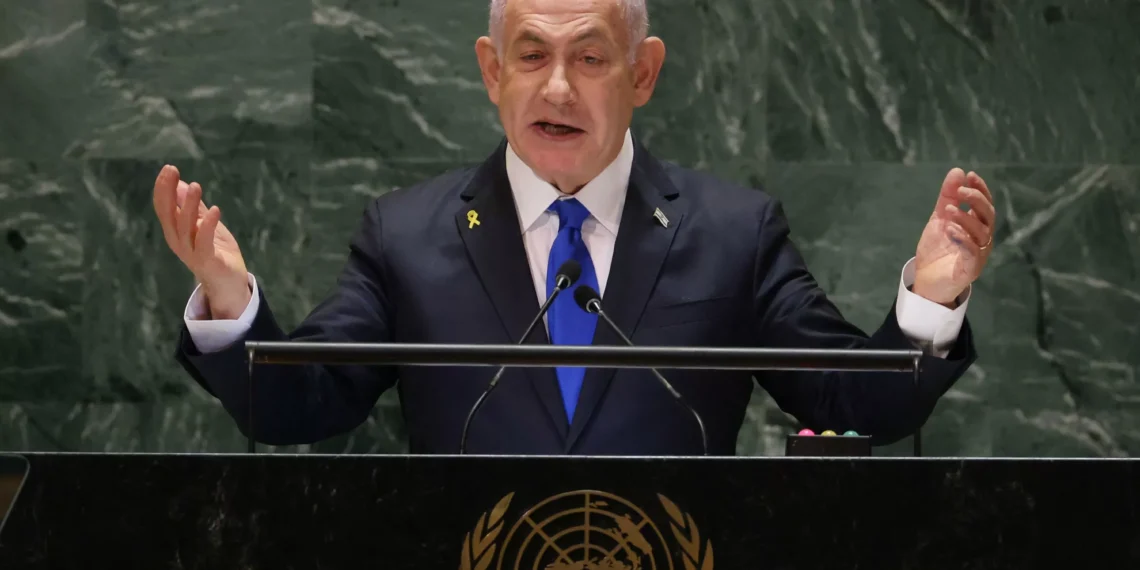Israel’s Prime Minister Benjamin Netanyahu has once again made headlines with his bold statements and actions. The recent warning to Iran, in which he declared that there was nowhere in the Middle East that Israel could not reach, has sparked controversy and debate.
Netanyahu, who has been accused of genocide in Gaza, seems to be taking a strong stance against any perceived threats to his country. In a speech at the Munich Security Conference, he addressed Iran directly, saying “We will act if necessary not just against Iran’s proxies but against Iran itself.” This statement has been met with mixed reactions from the international community.
In the past, Netanyahu has been a vocal critic of Iran, particularly of its nuclear program. He has repeatedly warned of the potential threat it poses to Israel and has urged the international community to take action. Now, with this latest warning, it appears that he is not afraid to take matters into his own hands.
But this is not the first time that Netanyahu has shown his determination to protect his country. In recent years, Israel has carried out multiple airstrikes in Syria, targeting Iranian-backed forces. These actions have been seen by some as a direct message to Iran, warning them not to interfere in Israeli affairs.
Netanyahu’s warning to Iran also comes at a time when tensions in the Middle East are high. The conflict in Syria is still ongoing, and there is unrest in other countries such as Yemen and Iraq. The threat of terrorism from extremist groups also looms over the region. In such a volatile environment, Netanyahu’s message is a reminder that Israel will not hesitate to defend itself against any potential threats.
Critics, however, have pointed out that this warning can be seen as a sign of aggression towards Iran. They argue that Israel’s actions in Syria and its constant accusations against Iran only serve to escalate tensions in the region. They also accuse Netanyahu of using this tough stance as a distraction from the ongoing accusations of genocide in Gaza.
But Netanyahu remains unapologetic. In his speech, he also took the opportunity to praise the relationship between Israel and the United States, calling it “stronger than ever.” This statement is a clear indication that he has the support of one of the most powerful nations in the world, which may embolden him to take a more assertive stance towards Iran.
One cannot ignore the fact that Netanyahu’s warning to Iran also serves as a display of strength to his own people. Israel is a country that has faced numerous threats and challenges since its formation. The constant state of conflict with its neighbors has made security a top priority for the Israeli government. By reaffirming his commitment to protect his people, Netanyahu is sending a message of reassurance to the Israeli public.
Furthermore, Netanyahu’s warning also highlights the technological advancements of Israel’s military. Israel is known for its advanced military technology, and this warning serves as a reminder to its enemies that they are not to be underestimated. In a region where military power is a key factor, this message holds significant weight.
In conclusion, Netanyahu’s warning to Iran may have caused controversy and debate, but it cannot be denied that it has also served to reinforce Israel’s stance on security. While critics may argue that this warning only adds fuel to the already burning fire in the Middle East, others see it as a necessary measure to protect Israel’s interests. With tensions still high in the region, only time will tell how this warning will impact the ongoing conflicts and relationships in the Middle East.







